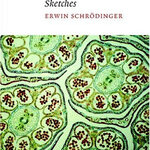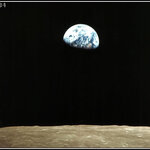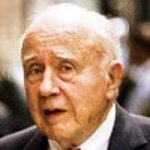
Biocentrism - life and consciousness are the bottom line in understanding the universe
Biology must be first among sciences in a theory of everything
Consciousness is a physics problem
Strange assumption/'paradox' - the universe is balanced for life to exist. p.13
Kuffler neurobiology harvard - great anecdote.



